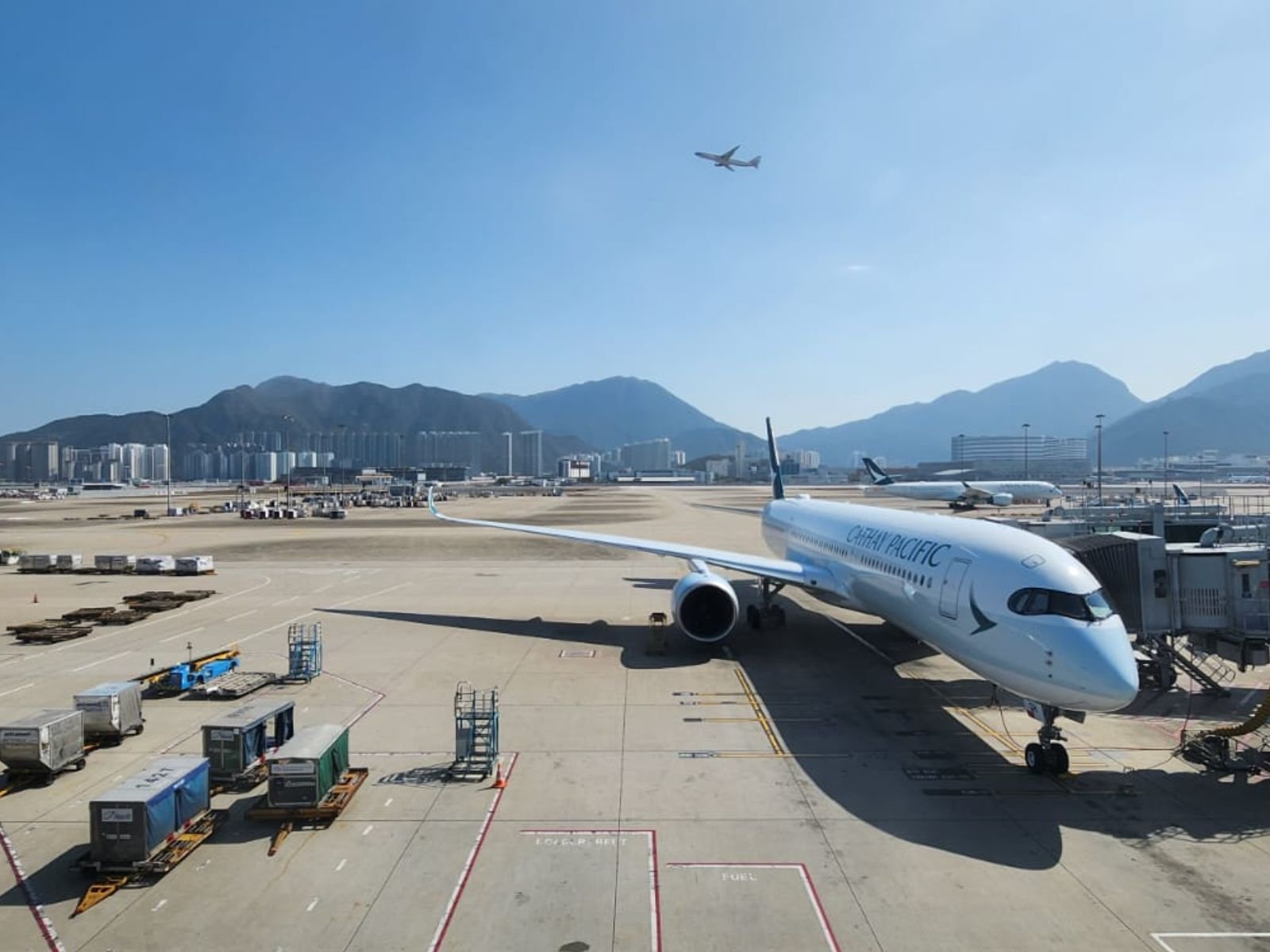The Hidden Losses of Highly Mobile Children
Children who grow up in a highly mobile, cross-cultural family or environment often experience many hidden losses. These include:
🛫 Moving away from a place that has been home - loss of belonging and identity
🛫 Moving to a place that doesn’t feel like home - loss of cultural fit
🛫 Moving away from a school they have attended - loss of friends, loss of routine
🛫 Moving to a new school - loss of understanding what is expected of them, loss of a sense of belonging
🛫 Living far away from relatives and grandparents - loss of close relationships
🛫 Friends’ families move away - loss of friendships
Losses in childhood (or at any life stage) mean we feel grief. But unlike more obvious losses such as the death of a family member or pet, the hidden losses of highly mobile children can sometimes go unrecognised. There might not be time to deal with the loss - one day after leaving their old home, families need to jump into understanding the new place they are living. And so children's losses and grief can go unprocessed.
How can we help children process the grief they may feel at these hidden losses?
💡 Notice and name what a child might be feeling. “You might be feeling upset. Tell me about how you feel.” Invite whatever they want to share.
💡 Accept any visible emotions. “You’re crying because this feels really hard.” Adding a speculative reflective statement can sometimes help them understand their own feelings. “You’re angry and it feels unfair that your friend has to leave.” Children will let you know if what you have said does or doesn’t resonate with them.
💡 Don’t try to offset a child’s emotions until after they have processed them. Avoid saying, “Think of all the good things we will have in the new place.” This gives the message that they should set aside, or feel ashamed, of how they feel now. Positive alternatives are better kept until after the child has a chance to grieve and feel seen.
💡 Ask open questions about their experiences. “What does moving countries feel like for you?”
💡 Share how we feel as adults and acknowledge that each family member will feel differently each day. “I feel lonely today and yesterday I felt hopeful. I guess it’s normal to feel lots of emotions after a big move like ours.”
Hidden losses due to high mobility can be dealt with effectively and there are many positives that can come from them. However, unrecognised and unprocessed losses can be problematic. Let’s help children recognise and process their losses due to an international lifestyle.
📌 Have you experienced a hidden loss through your family’s or your own mobility?
📌 How might you relate to people around you regarding their losses?
For more about high mobility childhoods, see the book Third Culture Kids by David C Pollock, Ruth Van Reken, and Michael V Pollock.

